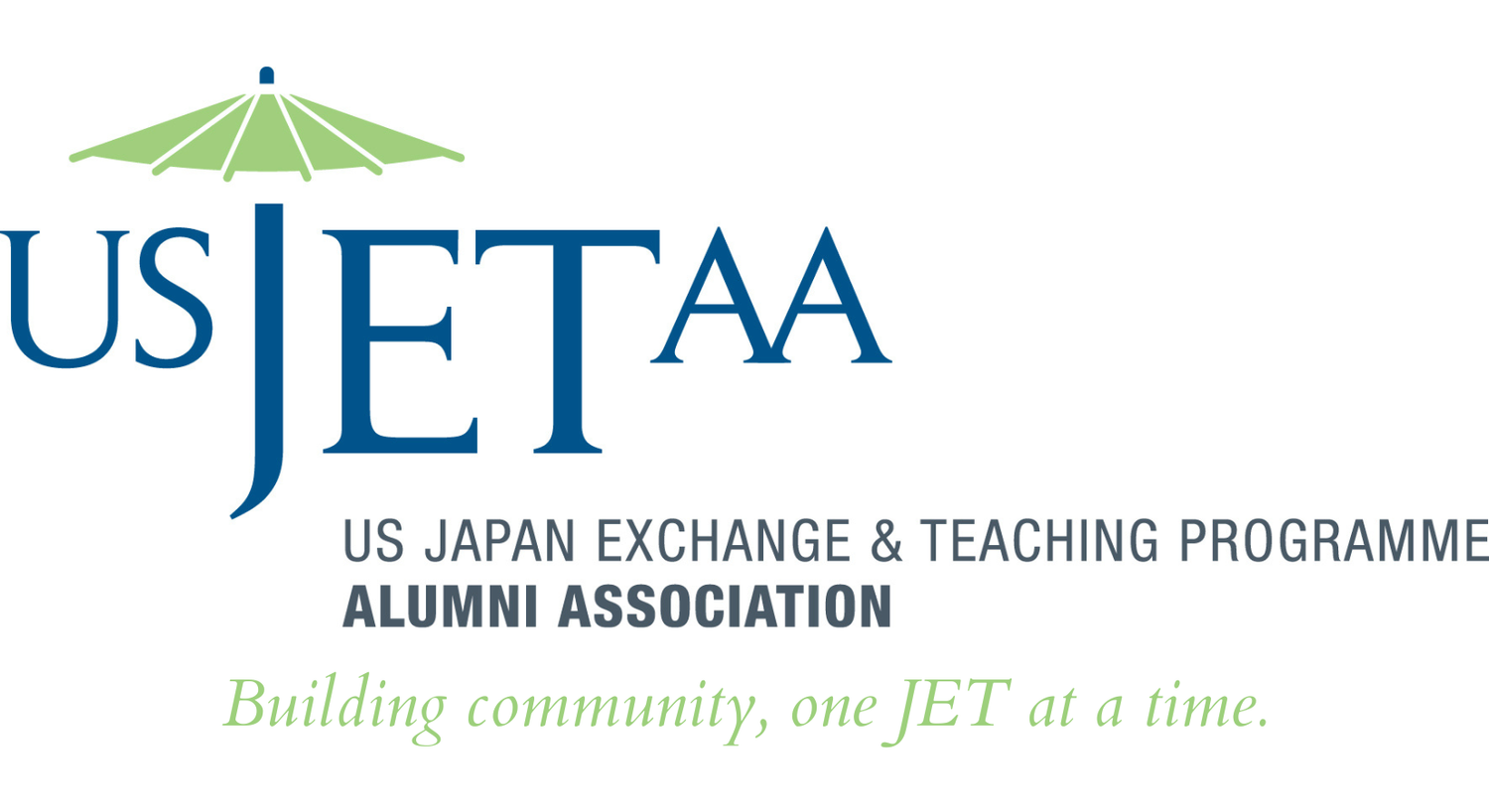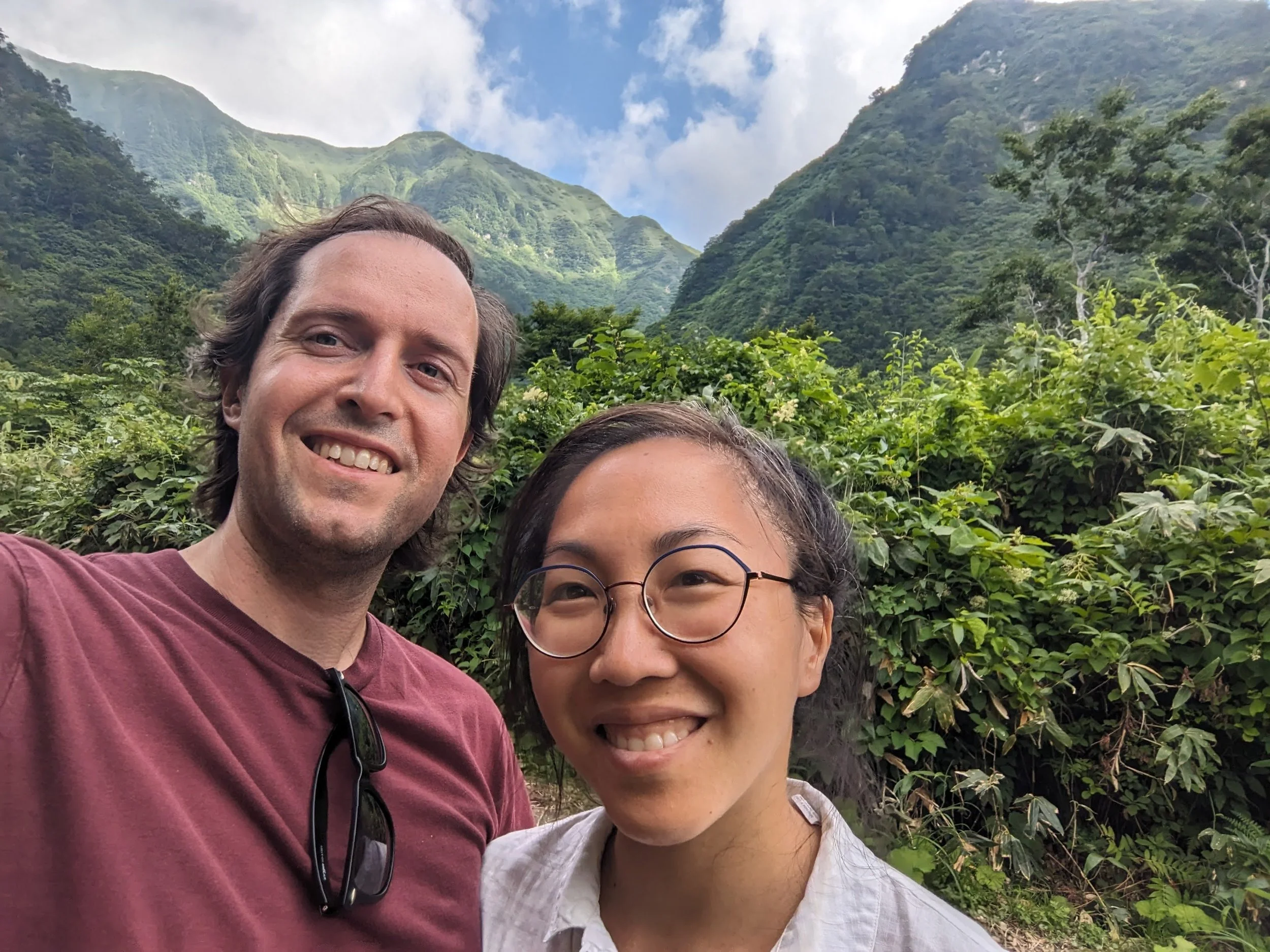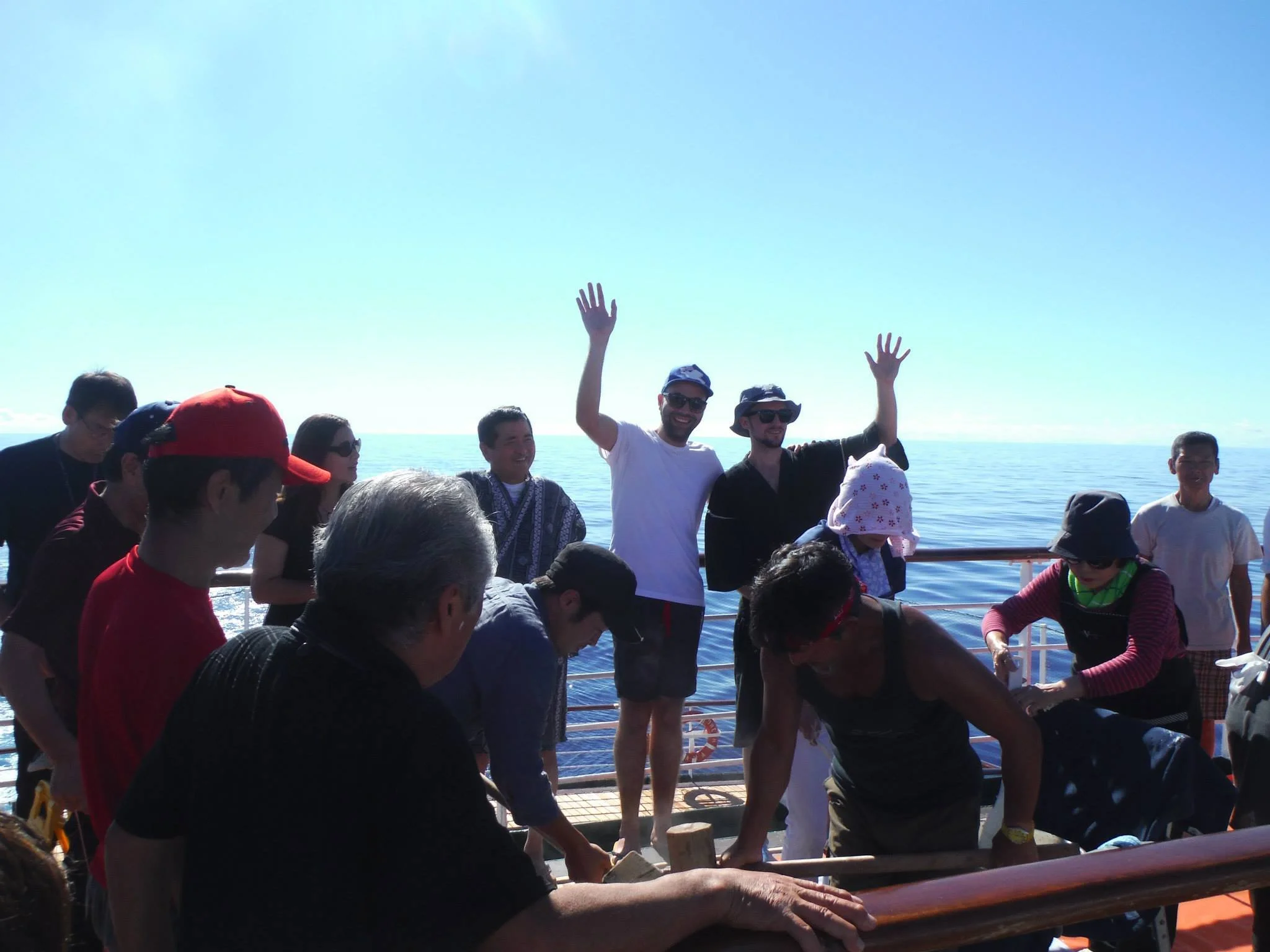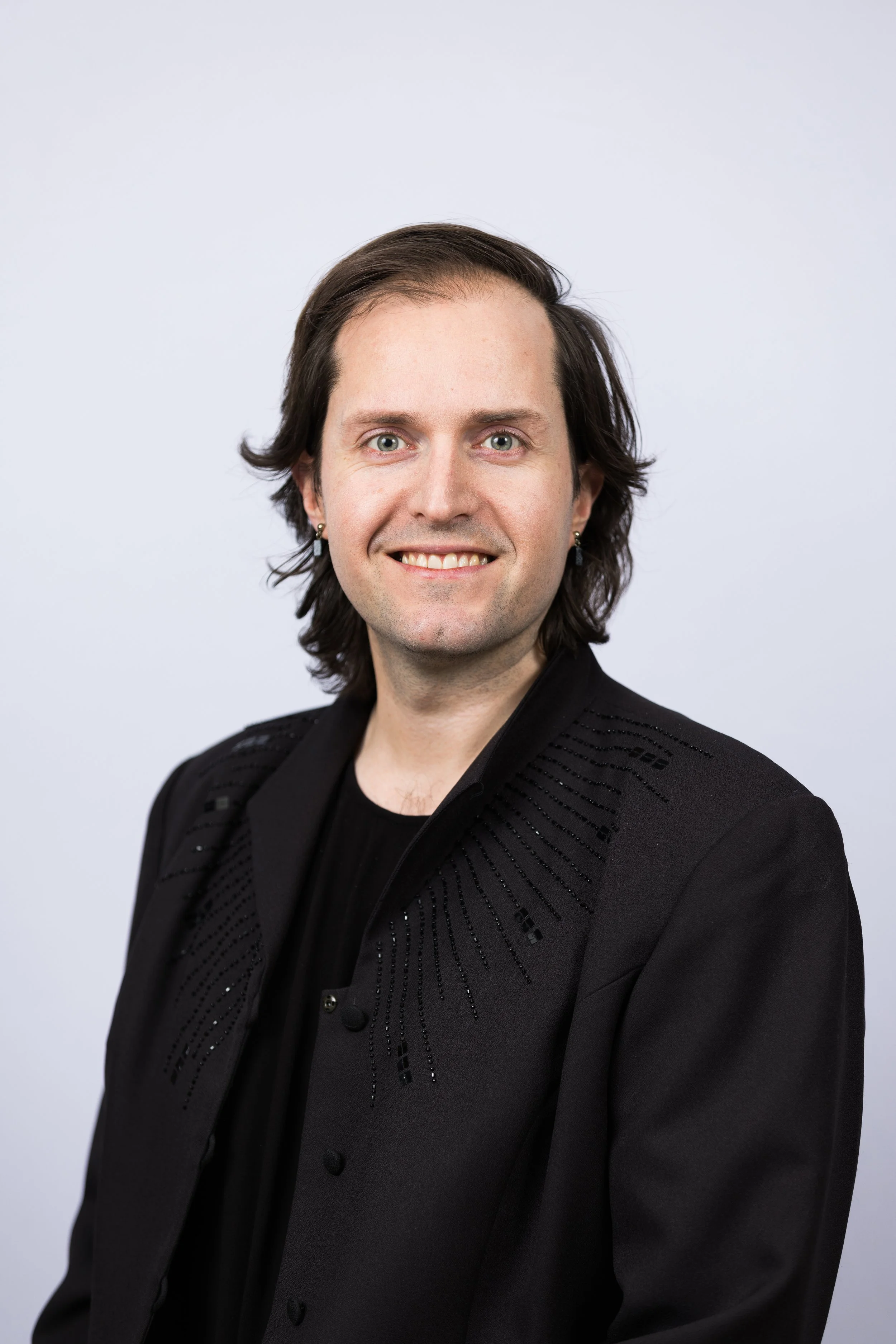Learning Social Norms in Japan Led to a Sociology Career
Ian Kennedy (Yamagata, 2008-2010)
Interviewed by Rashaad Jorden (Yamagata, 2008-2010 & Kochi, 2018-2020)
Ian Kennedy admits they didn’t understand social norms while growing up in New York. But they credit living in Japan — and working in the country on the JET Program — for helping propel them to a career as a sociologist and their current position as an assistant professor of Sociology at the University of Illinois Chicago. “I didn’t understand the way that I was expected to act and what I was expected to say,” Kennedy said. “I had to learn what the social expectations were in Japan. And as a foreigner, people were generally happy to tell me about them.”
Kennedy acknowledged that it took awhile to understand the value of living in two cultural contexts that differed from the context they grew up in. “I think the moment this was most stark is when I moved back to the states and realized that what I expected as natural had changed: I expected people to be on time all the time, to take off their shoes at the door, for trains and buses to work well and be clean, for everyone to split the check evenly. It was maybe during this reverse culture shock that I realized what it really meant for something to be socially constructed.”
Ian on a recent trip back to Yamagata to hike Yudonosan Jinja with his partner. (photo courtesy of author)
Although Kennedy admits the norms they learned in Japan aren’t universal, they believe living abroad helped them relearn their cultural norms as well as shape their views on race. “It’s really hard for us to see the truth about race in the United States. I probably still don’t see it,” Kennedy said. “But I think that having that experience of changing cultural contexts gave me more of an understanding for what might be going on, more of a way to start investigating what it means to construct a society. And the way that that’s constructed might have built-in harms, like racism.”
Well before then, Kennedy said their interest in Japan grew when they did a project on the country in the third or fourth grade. They were planning to major in Geo Sciences at Earlham College in Indiana but then changed to East Asian History with a minor in Japanese partly because the school had a very good Japanese program. During their time at Earlham, Kennedy spent six months studying abroad at Morioka University in Iwate Prefecture, where they grew to love wanko soba. Kennedy even participated in a wanko soba eating contest during which they ate 201 bowls, five fewer than a friend who took part in the same event.
After Morioka and their return to the U.S., Kennedy applied to the JET Program because they wanted to work in Japan and also as an educator. They chose Japan in part because there was a freeze on hiring at New York Public Schools in 2008, the year they graduated from Earlham.
Ian with colleagues at Chenogna Dalton School in Korea. (photo courtesy of author)
Kennedy was placed in Tsuruoka, Yamagata Prefecture, where they worked as an ALT from 2008-10 at nine different schools. They cited the teachers they worked with as one of the highlights of their JET experience. “I think I learned a lot about how to talk to children,” Kennedy said. “You could tell that they were interested in what their students were interested in.” “They treated their students like small people rather than children who didn’t have useful ideas. So many people don’t know how to talk to kids. All the teachers I worked with really knew how to do that.”
Kennedy on Peace Boat on New Years with mochi pounding in the foreground. (photo courtesy of author)
Kennedy’s teaching days in Asia didn’t end in Yamagata Prefecture. They went on to teach at an international school in Korea and on Peace Boat, a Japan-based NGO that organizes around-the-world cruises to promote peace and sustainability. On Peace Boat, Kennedy worked with a Hiroshima A-Bomb survivor named Toshiko Tanaka to deliver her testimony in English. They thank Tanaka for inspiring them to become proficient enough to lecture in Japanese. “She thought this message is going to touch people’s hearts if they hear it in their native language instead of a translation,” Kennedy said.
Following Peace Boat, Kennedy dove deep into advanced education, accumulating Master’s degrees from both New York University and the University of Washington as well as a PhD from the Seattle-based school. They’ve done extensive research on how online rental advertisements perpetuate racism, including studying Craigslist ads in Seattle. They found predominantly white and Asian neighborhoods tend to be described more positively on Craigslist than Black and Latinx neighborhoods. While Latinx neighborhoods often receive positive descriptions when they become richer, Kennedy noted that rich Black neighborhoods don’t get described with positive adjectives as often as one might expect given their resources. “(That) doesn’t make any sense, given these advertisements are trying to rent out units,” said Kennedy, who has worked with organizations in Washington State and Chicago to identify illegally discriminatory language in rental advertisements.
In addition, during their time at the University of Washington, Kennedy was part of a group named the Election Integrity Partnership, which studied political misinformation during the 2020 U.S. Presidential Election. The group monitored social media sites to identify emerging misinformation stories and tracked who was sharing them.
As for what Kennedy would like to do next, they said their main goal is to do work that exposes how contemporary racism and sexism works, and thus help reverse both. “Since many of the ways that contemporary racism is reproduced are subtle or ‘colorblind’ it can be easy for (especially) white folks to falsely believe that racism is over,” Kennedy said. “I feel like my efforts are to first, as a scholar, keep exposing the more subtle forms that racism and sexism take on.”
“So step one is helping people with power realize that racial differences in health, education, wealth, and other areas are still unjust and that they can be undone. Step two is to work with the people who are affected by that injustice and to support their goals.”
About Ian Kennedy (Yamagata, 2008-2010)
Ian Kennedy is an assistant professor of Sociology at the University of Illinois Chicago. They are a computational social scientist working at the intersection of race, digital platforms, and text analysis whose work aims to contribute to understandings of how contemporary racism works, in both visible and less visible ways. This means looking for data in new places, like in Craigslist rental ad texts, or by developing new uses for large-scale administrative data. They are committed to producing useful work beyond scholarly publications, working with groups like the Chicago Area Fair Housing Alliance to identify illegal Craigslist ads or with the Election Integrity Partnership to monitor misinformation during the 2020 election. They were an ALT in the JET Program in Yamagata Prefecture, Japan from 2008 to 2010.
The Senpai Spotlight series features JET alumni from the US who have made successful careers for themselves in various fields—with the goal of inspiring JETs and JET alumni to pursue their own dreams while also offering some words of advice only a senpai could know.
If you, or someone you know, would like to be featured as a Senpai Spotlight, please reach out to us at contact@usjetaa.org.
This edition of Senpai Spotlight was written by Rashaad Jorden, a two-time JET Program ALT (Yamagata, 2008-2010 & Kochi, 2018-2020). During his second JET stint, he was the General Sports Editor for AJET CONNECT Magazine. As working for CONNECT was one of the most enjoyable aspects of his JET experience, he’s eagerly contributing again to a community that he treasures.







